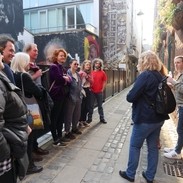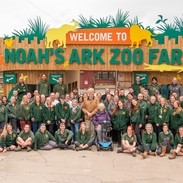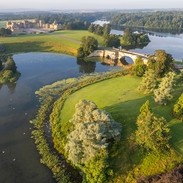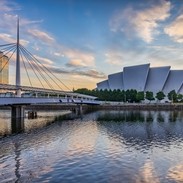2.2. Climate change
Key Takeaways 2.2
In a nutshell
Climate change is complicated but addressing it is a really important element of future sustainability, so it is good to understand it.
David Attenborough quote
Right now, we are facing a man-made disaster of global scale. Our greatest threat in thousands of years. Climate Change. If we don’t take action, the collapse of our civilizations and the extinction of much of the natural world is on the horizon.
Greenhouse gases and climate change
Climate change refers to long-term shifts in temperatures and weather patterns. Some shifts are natural, through variations in the solar cycle, but the impact of human activities is now the main driver of climate change.
Why? Because human activity results in an increased concentration of greenhouse gases (GHGs) in the Earth’s atmosphere, such as carbon dioxide (CO2), methane (CH4), and nitrous oxide (N2O). These gases trap heat from the sun, creating what is known as the greenhouse effect.
Human activities, particularly the burning of fossil fuels (coal, oil, and natural gas) for energy production, transportation, and industrial processes, are the primary sources of these emissions.
Negative impacts of climate change
As a result of climate change, the Earth’s average temperature has been rising, with the following negative impacts:
|
|
|
|
|
These impacts will be unevenly felt around the world, with some countries facing far greater risks than others. However, given our globalised food systems and the increased political instability from conflict over resources, all countries, communities and companies will feel the impacts and costs of climate change.
bottom page nav
previous section
next section







